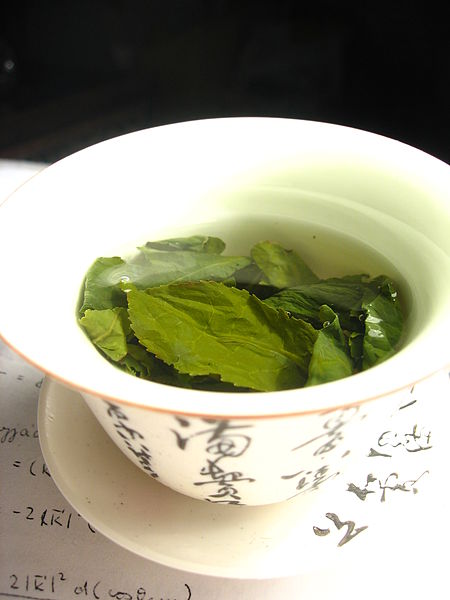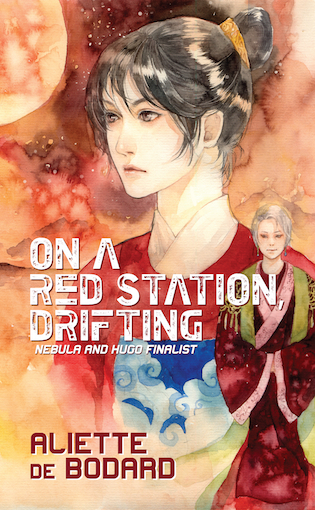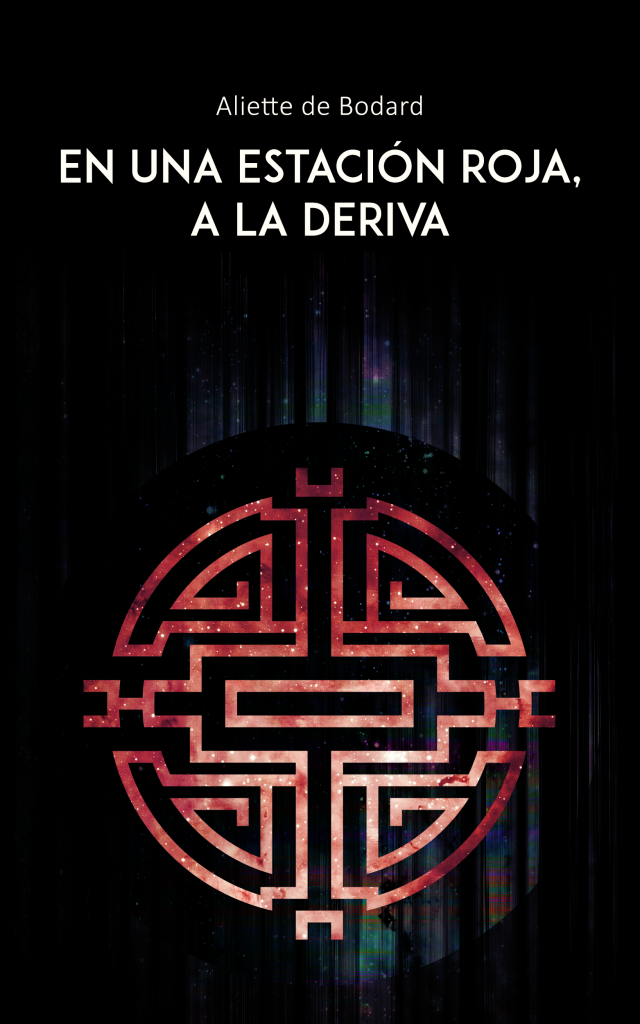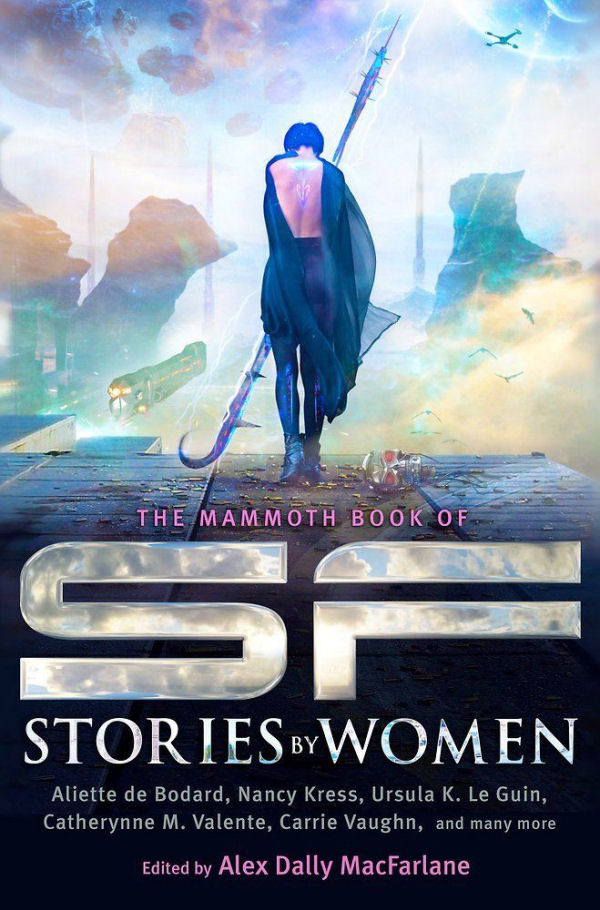There was a sound, on the edge of sleep: Suu Nuoc wasn’t sure if it was a bell and a drum calling for enlightenment; or the tactics-master sounding the call to arms; in that breathless instant–hanging like a bead of blood from a sword’s blade–that marked the boundary between the stylised life of the court and the confused, lawless fury of the battlefield.
Aka, “Aliette writes a really ambitious novella that might unexpectedly turn into a novel” (I really hope not. Over 40k but below 70k is really a bad length for fiction). It’s a loose sort of sequel to On a Red Station, Drifting, with some of the same characters making guest appearances (basically set in the Imperial Court eighty years after the ending of the novella).
Since we’re travelling light (hahaha), I’ve left my research books at home, but I thought I’d recommend:
–Vietnam History: Stories retold for a new generation, Hien Vo, Chat Dang. Ok, here’s the deal. You emphatically will not get a history from this book–the authors aren’t historians, and it’s not a scholarly dissection of various motives and sources. However, what you will get is the kind of stories my grandma tells me, the “folklore”, or history as it’s perceived by the people who aren’t formally trained. It’s biased, of course; I wouldn’t necessarily agree with everything (particularly in the colonial era); but it’s a nice springboard for learning more about the major figures of folklore. As a bonus, it has a freak amount of the Vietnamese equivalents to Chinese deities and Chinese historical figures, which saves me the trouble of going through Wikipedia armed with a meagre command of the language…
–1587, a year of no particular significance: the Ming Dynasty in Decline, Ray Huang: I really like this book for its portrayal of court life in the tail end of the Ming dynasty. Really handy for those court intrigue bits ^^
–Monarchy and Colonialism �in Vietnam: 1875-1925, The Anh Nguyen: I’m still halfway through it. It’s really hard to stomach, for obvious reasons (the sheer arrogance of the colonialists and the total lack of comprehension of the Nguyễn court of what they’re really up against, for starters; also, the slow encroachment of loss of sovereignty even as the colonial empire starts tightening up is heartbreaking). It turns out to not really pertain to the novella, so I’ll be going through it at a more restrained pace…




